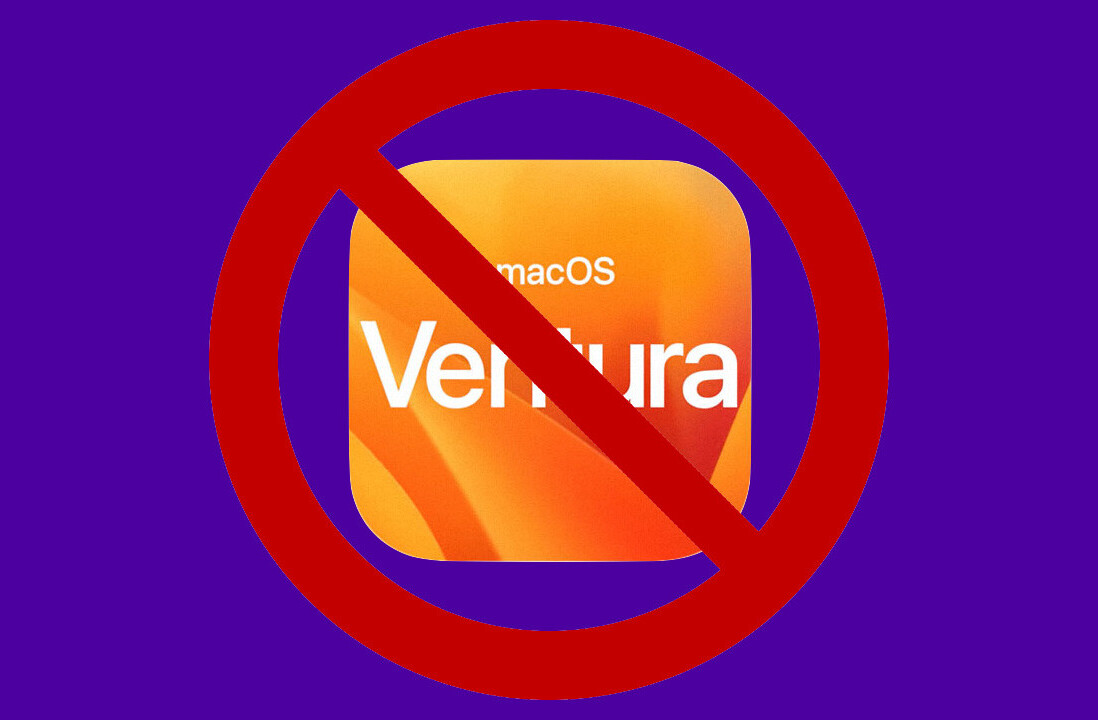
Despite having been labelled as the ‘least green’ technology company by Greenpeace for its utilisation of coal-powered “dirty data” centres in April, the environmental charity has switched tracks and ranked Apple as the fourth most efficient electronics manufacturer for its green products and sustainable operations.
Greenpeace’s Guide to Greener Electronics, now in its 17th year, ranks the world’s top 15 technology companies on their green policies and practices, on how products and processes impact the climate. Apple climbed five places to rank fourth, behind HP, Dell and Nokia, with the all four of the companies improving their green impact over the year to march up the charts.
However, Apple has been pulled up for its greenhouse gas emissions, not declaring its plans to reduce the use of antimony or beryllium and for its apparent lack of an “ambitious goal for boosting its renewable energy use by 2020” – although the company is reported to be looking to solar and wind power for its datacenters in the future.
Apple saw points awarded for its removal of PVC vinyl plastic and brominated flame retardants (BFRs) from its products, received praise for its information on battery life and product life cycle and scored “maximum points” for “reporting that all of its products meet or exceed the latest Energy Star standards for energy efficiency.
Apple’s ranking sees it become the joint-top company on green products, matching Nokia’s product energy efficiency. The Cupertino-based company still only scored a 4.6 rating (out of 10), trailing HP (5.9), Dell (5.1) and Nokia (4.9).
Greenpeace hopes that its report will help challenge the industry to become more sustainable in its company operations and supply chains, prompting companies to use up to 100% renewable power, produce efficient and long-lasting products and set up sustainable practices across their supply chain.
Get the TNW newsletter
Get the most important tech news in your inbox each week.






